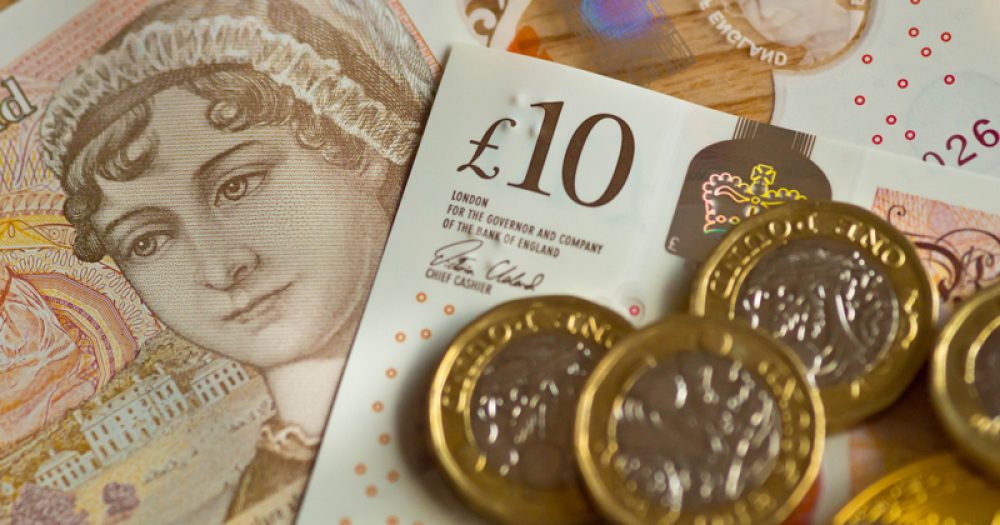The government’s new £302 million “Covid recovery premium” will be allocated to schools on the same basis as the pupil premium, the Department for Education has confirmed.
The fund was one of several initiatives announced by the government today to help pupils catch up. It is supposed to help schools to “bolster summer provision for their students, for example laying on additional clubs and activities, or for evidence-based approaches for supporting the most disadvantaged pupils from September”.
Also included in the announcement was money to expand the National Tutoring Programme and £200 million in funding for secondaries to run summer schools.
The DfE initially said the recovery funding would “build on” the pupil premium, but has now clarified that this means it will be allocated based on the number of children eligible for the pupil premium at each school. Schools are eligible for pupil premium funding for every child who claims free school meals, or who has claimed free school meals in the last six years.
This sets the fund apart from the separate £650 million Covid catch-up premium which was announced last year, which was allocated based on overall pupil numbers but with larger amounts for pupils in special, AP and hospital schools.
However, the DfE is still yet to say whether the £302 million is new money from the Treasury, or whether it will be moved from an existing scheme.
The government has said the recovery premium will be worth £6,000 to the average primary school and £22,000 to the average secondary.
This year, pupil premium allocations are being made on the basis of the October school census last year, rather than based on January as they were in previous years.
Some leaders have warned that this will leave them out of pocket, because allocations won’t take into account those who have become eligible between the two census dates.








Your thoughts